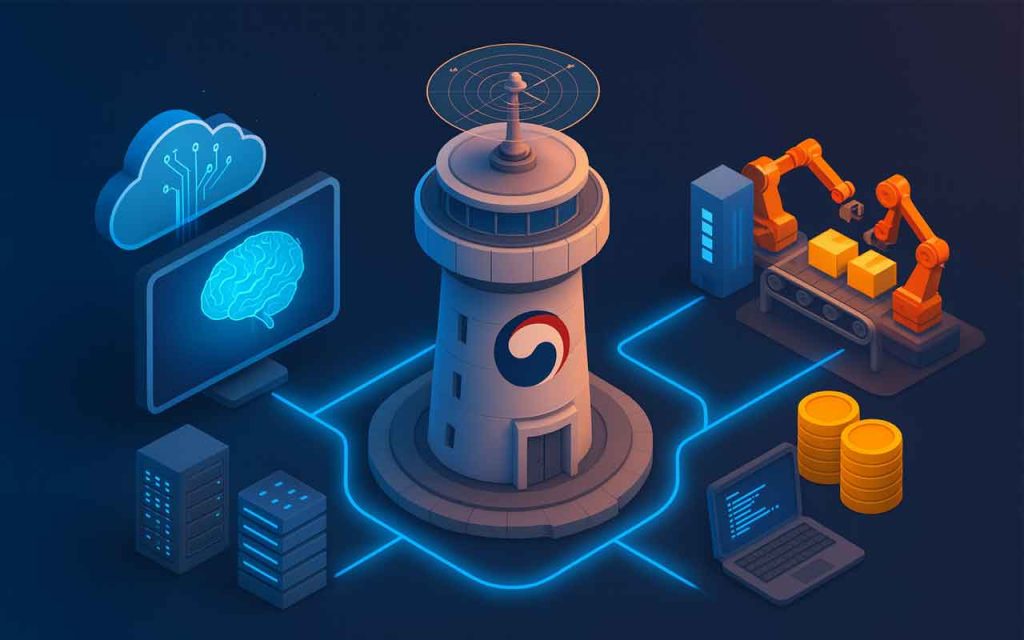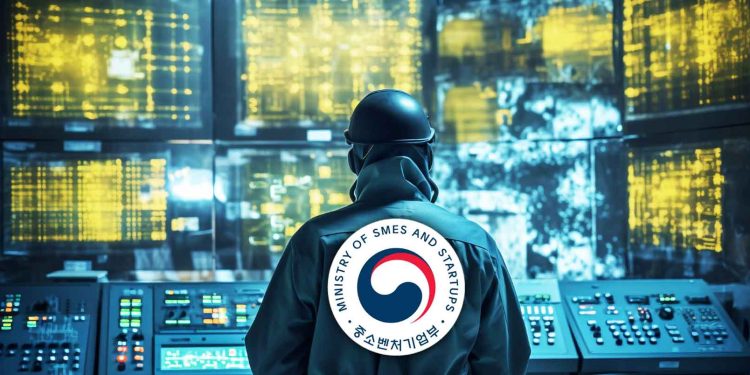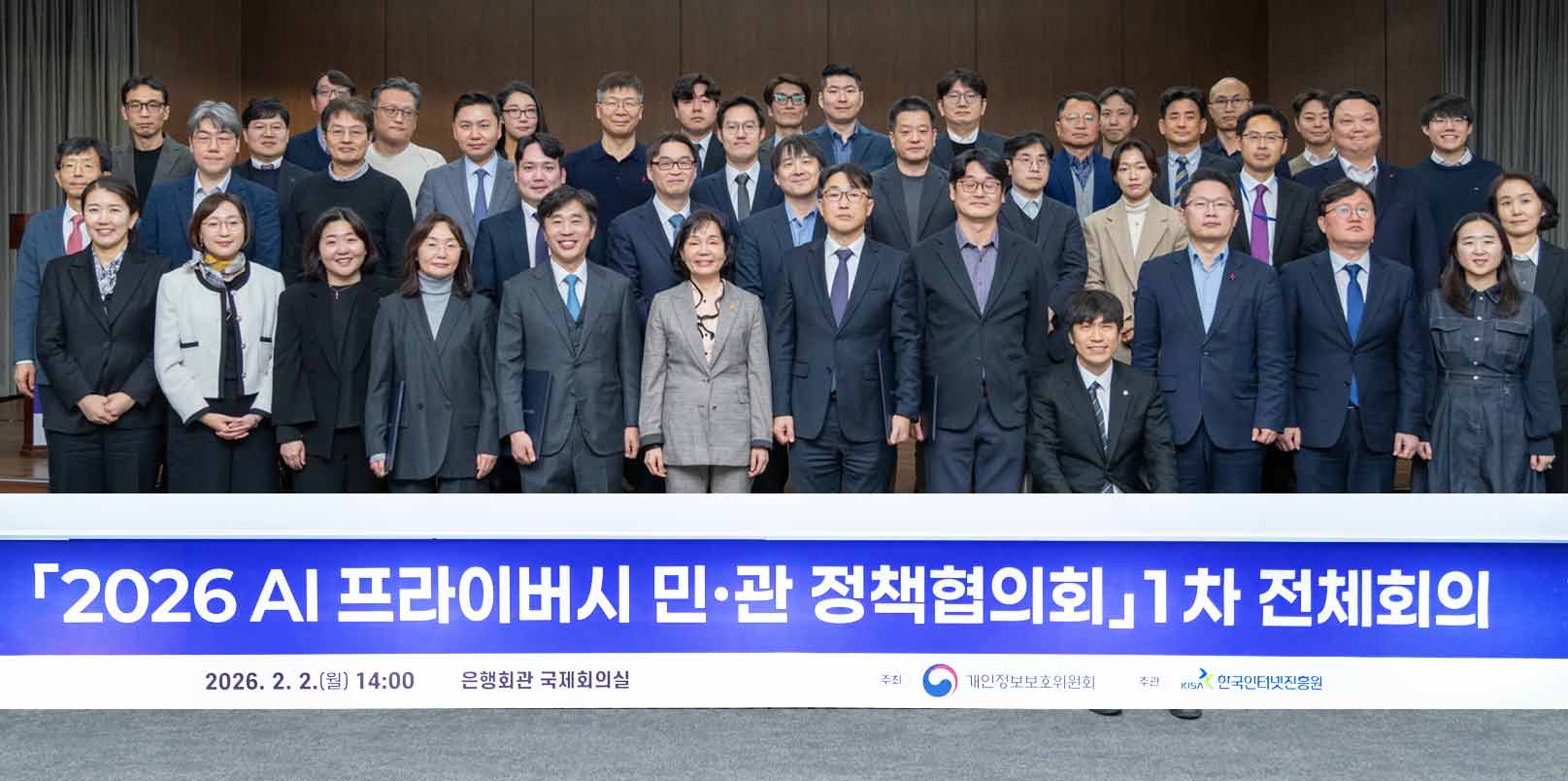As artificial intelligence reshapes industry competitiveness worldwide, Korea is moving to further make sure that its small and medium enterprises are not left behind. Lawmakers are now seeking to institutionalize AI transformation as a national economic strategy, turning the Ministry of SMEs and Startups into a central command hub that aligns funding, talent, and technology for long-term digital competitiveness.
Korea Moves to Establish National Framework for SME AI Transformation
On November 17, Representative Oh Se-hee of the Democratic Party proposed the AI Transition Promotion Act, a bill that would legally designate the Ministry of SMEs and Startups (MSS) as the official control tower overseeing the nation’s SME AI Transformation (AX).
The proposed law seeks to create a unified framework that enhances coordination among existing ministry-led AI support program. It tasks the MSS with drafting a Basic AI Transition Plan every three years, conducting annual implementation reviews, and ensuring cross-sector accountability for policies supporting AI adoption in business operations.
Building on Korea’s Earlier AI Transformation Programs
The initiative builds on the government’s broader AI Transformation (AX) strategy, which connects AI startups with traditional factories to develop proof-of-concept projects. While AX has been instrumental in introducing AI automation at the production level, it has operated primarily as a project-based system.
The new bill seeks to evolve this approach into a long-term governance model. By giving the MSS formal authority as a national coordinator, it establishes a permanent system to align consulting, data access, training, and funding programs for SMEs under one legal structure.
This follows another related proposal, the AI Utilization Promotion Act introduced in October 2025, which called on the MSS to create a basic plan for AI use among SMEs. Together, the two pieces of legislation outline a policy progression — from promoting AI usage to institutionalizing a complete transformation framework.
Lawmakers Call for Tailored Support and Coordination
Under the proposal, the MSS would coordinate specialized support for SMEs based on industry type and company size, including AI consulting, workforce development, data infrastructure, and financial incentives. The law also mandates the creation of an AI Transition Committee and dedicated agency to implement programs such as:
- Talent training and dispatch for AI-ready SMEs
- Standardization of industrial data and secure data-sharing platforms
- Financial, tax, and investment incentives for AI transformation projects
- Regulatory exemptions and “jury-style” review systems for innovation cases
Representative Oh Se-hee emphasized that SMEs and small business owners remain the most vulnerable segment in Korea’s AI transformation.
“SMEs are the backbone of our economy, yet they are the most disadvantaged in AI adoption. We must establish a comprehensive support system to make AI transition a national strategy, not an option.”

Korea’s Unified AI Strategy: Redefining Industrial Future
If the bill passes, it could reshape how Korea connects innovation with production by linking AI startups, SME manufacturers, and public institutions through a coordinated framework. The plan introduces a long-term system of funding and governance for AI-driven industries, replacing fragmented pilot programs with sustained national strategy.
Additionally, the framework could open consistent collaboration channels between startups and traditional industries while giving SMEs reliable access to data, talent, and consulting support needed for digital transformation. On a global scale, it positions Korea among the first nations to legally structure an integrated, ministry-led AI transition model spanning its entire SME ecosystem.
Institutionalizing AI as Industrial Policy
Korea’s push to formalize AI transformation under the Ministry of SMEs and Startups signals a strategic shift — AI is no longer treated as a technological upgrade, but as an industrial policy imperative.
Aligned with the government’s broader goal to position Korea among the world’s top three AI powerhouse by 2030, this combination of legislative authority, performance monitoring, and industry partnerships could allow Korea to accelerate its AI Transformation (AX) mission across its 7 million SMEs while maintaining competitiveness in data-driven manufacturing and export markets.
As the legislative review proceeds, global investors and policymakers will be watching how Korea’s “control tower model” translates into measurable innovation outcomes — and whether it becomes a benchmark for AI-driven industrial governance in Asia.
– Stay Ahead in Korea’s Startup Scene –
Get real-time insights, funding updates, and policy shifts shaping Korea’s innovation ecosystem.
➡️ Follow KoreaTechDesk on LinkedIn, X (Twitter), Threads, Bluesky, Telegram, Facebook, and WhatsApp Channel.





